British English vs. American English: Understanding the Differences
As a language evolves and spreads across the globe, regional variations naturally emerge, resulting in distinct forms of English. Among the most notable are British English and American English. While these two variants share many similarities, they also exhibit significant differences in spelling, vocabulary, pronunciation, and grammar. Understanding these distinctions is crucial, particularly in a globalised world where effective communication is paramount.
Spelling Differences:
One of the most obvious distinctions between British English and American English lies in their spelling conventions. While both forms are mutually intelligible, certain words are spelled differently. For example:
![]() British English: “Colour”, “Centre”, “Realise”
British English: “Colour”, “Centre”, “Realise”
![]() American English: “Color”, “Center”, “Realize”
American English: “Color”, “Center”, “Realize”
Vocabulary Variations:
In addition to spelling differences, British and American English also feature variations in vocabulary. Some words have different meanings or usage in each variant. For instance:
![]() British English: “Lorry” (truck), “Flat” (apartment), “Trousers” (pants)
British English: “Lorry” (truck), “Flat” (apartment), “Trousers” (pants)
![]() American English: “Truck”, “Apartment”, “Pants”
American English: “Truck”, “Apartment”, “Pants”
Pronunciation Distinctions:
Although both variants of English are mutually understandable, there are differences in pronunciation that can sometimes lead to confusion. For instance:
![]() British English: Pronounces the “r” sound in words like “car” and “park”.
British English: Pronounces the “r” sound in words like “car” and “park”.
![]() American English: Often drops the “r” sound in similar words, pronouncing them as “cah” and “pahk”.
American English: Often drops the “r” sound in similar words, pronouncing them as “cah” and “pahk”.
Grammatical Variances:
British and American English also diverge in terms of grammar and punctuation rules. While the differences are often subtle, they can impact writing style and clarity. For example:
![]() British English: Uses the present perfect tense more frequently, as in “I have just eaten.”
British English: Uses the present perfect tense more frequently, as in “I have just eaten.”
![]() American English: Prefers the simple past tense in such cases, as in “I just ate.”
American English: Prefers the simple past tense in such cases, as in “I just ate.”
Acceptance and Usage:
Despite these differences, both British English and American English are widely accepted and understood in various contexts. However, certain factors may influence the preference for one variant over the other. For example:
- Geographical Considerations: British English is commonly used in the United Kingdom, Australia, New Zealand, and many other Commonwealth countries, while American English predominates in the United States and Canada.
- Audience Preference: When communicating with an international audience, using British English may be preferred due to its historical association with the British Empire and widespread use in former colonies.
- Industry Standards: Certain industries or organisations may have specific preferences for either British English or American English. For instance, academic publications in the sciences often adopt American English conventions, while legal documents in Commonwealth countries may adhere to British English standards.
XpertEditing’s Approach:
As an Australian-based editing company, XpertEditing recognises the importance of catering to diverse linguistic preferences and global audiences. While British English serves as our native tongue, we understand the significance of American English in various contexts. Therefore, we provide editing services in both British English and American English to accommodate the needs of our clients worldwide. Whether you require your documents to adhere to British conventions for local audiences or prefer the standardised norms of American English for international communication, we are here to ensure clarity, accuracy, and professionalism in your written materials.
While British English and American English may differ in spelling, vocabulary, pronunciation, and grammar, both variants are equally valid forms of the English language. Understanding these differences and knowing when to apply each variant is essential for effective communication in a globalised world.
At XpertEditing, we strive to bridge linguistic divides by offering comprehensive editing services in both British and American English, empowering our clients to reach their audiences with confidence and precision.



Leave a Reply